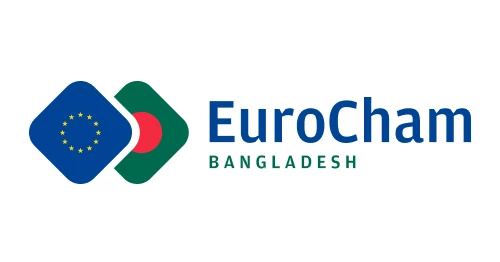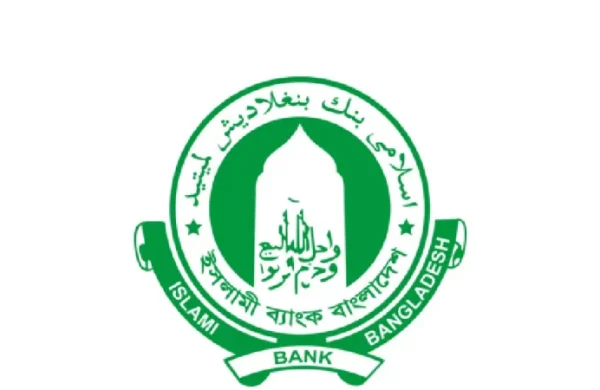EuroCham urges collaborative reform of gas tariff policy to sustain investment momentum
- Update Time : Tuesday, April 15, 2025

Staff Correspondent:
The European Union Chamber of Commerce in Bangladesh (EuroCham) has called for a collaborative and transparent approach to energy pricing reforms, voicing concerns over the recently proposed gas tariff structure by the Bangladesh Energy Regulatory Commission (BERC).
In a statement issued Tuesday (April 15), EuroCham acknowledged the government’s strides toward a sustainable energy future but warned that the differential tariff mechanism — based on industrial consumers’ contractual timelines and gas connection status — could inadvertently hurt investor sentiment and industrial growth.
According to the chamber, the newly proposed model risks placing an unfair burden on new and expanding industries, which would face significantly higher gas tariffs than their long-established counterparts — despite operating within the same sector.
“Fragmented energy costs across similar operations may erode Bangladesh’s competitive edge and discourage both foreign and domestic investment,” said EuroCham, pointing out that the proposed structure comes at a time when Bangladesh is actively courting global investors.
Nuria Lopez, chairperson of EuroCham Bangladesh, emphasised the importance of a stable policy environment in attracting and retaining European investors.
“Maintaining a predictable and balanced energy tariff regime is essential for ensuring investor confidence and supporting industrial expansion,” Lopez said. “We believe a collaborative approach to policy design can help avoid business disruptions and send a positive signal to potential investors.”
She also urged BERC to ensure clarity around the reclassification of long-standing industrial users signing new Gas Sales Agreements, cautioning that ambiguity in this area could lead to unnecessary operational and financial uncertainty.
EuroCham echoed the concerns voiced by industry stakeholders during BERC’s public hearing in February and backed calls for a more inclusive, consultative reform process.
The chamber encouraged BERC to engage more deeply with both foreign and domestic stakeholders when crafting energy policies that impact long-term business planning.
“Energy pricing must align with Bangladesh’s broader goals of industrial resilience, energy security, and sustainable development,” the chamber noted.
Reaffirming its commitment to Bangladesh’s development journey, EuroCham pledged to work closely with the government to shape policies that foster inclusive growth and a globally competitive investment climate.
With energy reforms at a critical juncture, the chamber’s message underscores the need for policy alignment that not only addresses sustainability but also nurtures the confidence of investors driving the country’s industrial future.


















